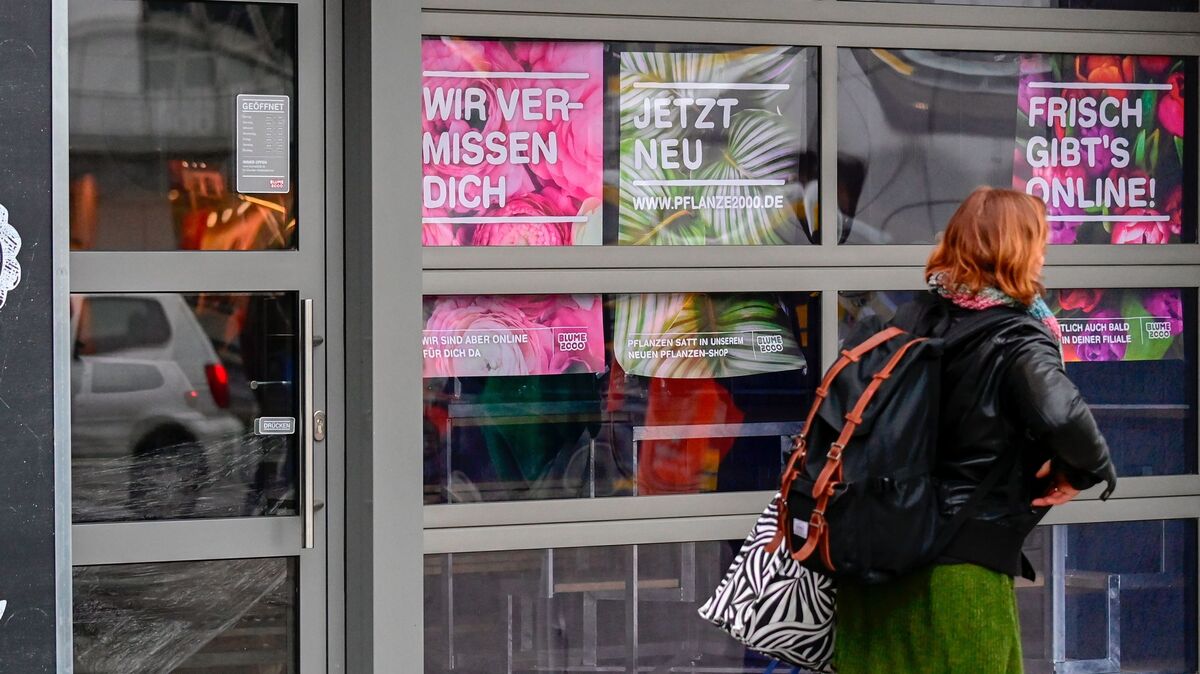In 1768, the German philosopher Johann Gottfried Herder paid a visit to the French city of Nantes. “I am getting to know the French language and ways of thinking,” he wrote to fellow-philosopher Johann Georg Hamann. But, “the closer my acquaintance with them is, the greater my sense of alienation becomes”.
It was not just because Herder despised the French. It was also that he did not think it possible truly to engage with another culture. Every people was bound by its Volksgeist or inner spirit. In each language dwells “the entire world of tradition, history, principles of existence: its whole heart and soul”. That was why he could “only stammer with intense effort in the words of a foreign language; its spirit will evade me”. Cultural divides were unbridgeable.
I was reminded of Herder’s letter by the controversy last week over the translation of Amanda Gorman’s poems into Dutch. Gorman is the African-American poet who stole the show at Joe Biden’s inauguration ceremony.
The Dutch publisher Meulenhoff proposed a translation of her work. The translator chosen for the job, Marieke Lucas Rijneveld, met with Gorman’s approval. Rijneveld last year became the youngest winner of the International Booker prize for their debut novel The Discomfort of Evening. “Rijneveld’s language renders the world anew,” observed the judges, making visible “the strangeness of a child looking at the strangeness of the world”.
Non-binary, Rijneveld identifies as both male and female and uses the pronouns they and them. But Rijneveld is white. And that, for many, makes a person unsuitable as Gorman’s translator. “Why not choose a writer who is – just like Gorman – a spoken-word artist, young, female, and unapologetically Black?” asked journalist Janice Deul. The controversy led to Rijneveld withdrawing from the project.
Many argue that the problem is not Rijneveld’s whiteness but rather the racism of Dutch society and the marginalisation in Holland of black writers and translators. There is certainly racism, and it is true that black translators are often ignored. But if the issue was simply about racism and marginalisation, the argument would not have been that a black poet needs a black translator but that there should be more black translators, whatever the skin colour of the writer being translated.
The Gorman controversy echoes many other clashes over the crossing of racial and cultural lines, from denunciations of “cultural appropriation” to disputes about “transracial” adoptions. All involve modern-day versions of Herder’s argument. For Herder, a “people” was defined primarily in linguistic terms. Today, we are more concerned with questions of racial, cultural or sexual identities. But Herder’s insistence on the significance of the Volksgeist, and on the impossibility of bridging cultural divides, has become translated into the idiom of identity politics.
There has long been a debate about the ethics of translation, about how to translate not just the words but the spirit of the original, too. Today’s identity controversies, however, are not just about issues of formal translation but also about the kinds of informal translation in which we engage every day. Every conversation requires us to “translate” other people’s experiences and perspectives, to make sense of them in terms of our own experiences and perspectives. In a world divided on identity lines, both the possibility and morality of such translations have become questioned. Particular experiences or cultural forms are deemed to “belong” to particular groups, and out of bounds for others. “Stay in your lane” is the fashionable mantra.
Ralph Ellison’s 1952 novel Invisible Man is one of the great explorations of the black experience. It is also far more than that. “The Negro American writer,” as Ellison put it, “is also an heir of the human experience which is literature, and this might be more important to him than his living folk tradition.”
Identity, for Ellison, was a means of engaging with the word, of gaining entry into the inner lives of others. One’s experiences as a black man provided the raw material through which to understand the experiences of white workers or of Jewish women. And their experiences could help them to empathise with yours.
Today, however, identity is viewed in almost the opposite way: as a means of shielding oneself from others, of retreating from the possibilities of making more universal connections.
Whether or not Rijneveld would have made a good translator of Gorman’s poetry I cannot judge. But the fact of being white should play no part in making that judgment. Ellison’s rhetorical question – “Why should I restrict myself, segregate myself?” – applies to us all.





